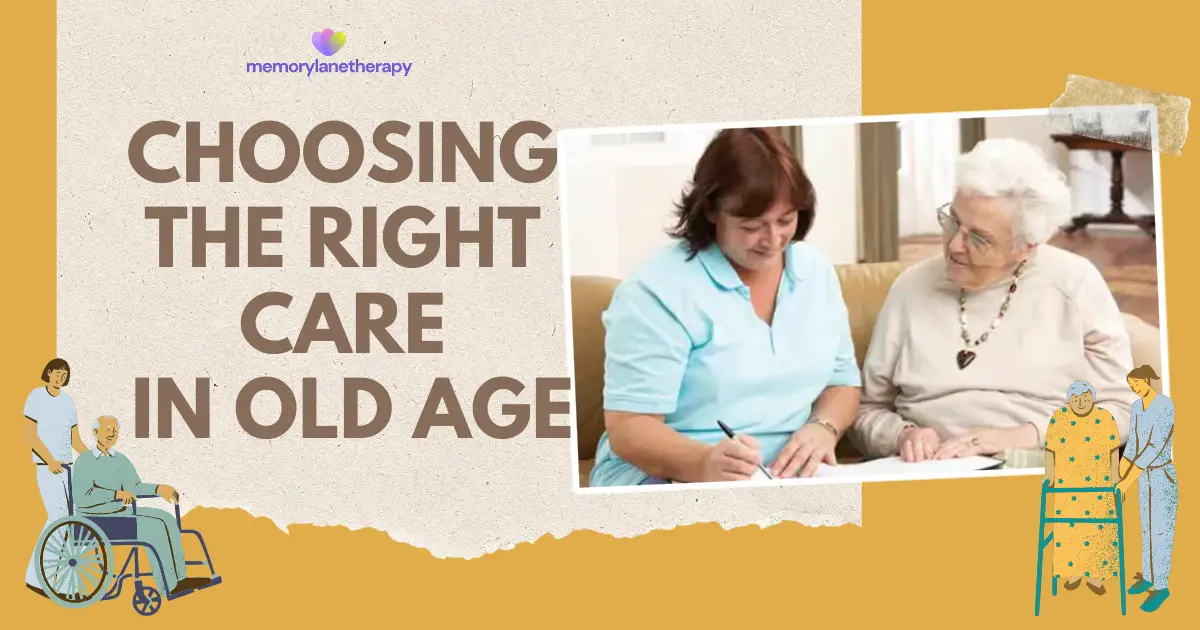The aged have navigated the cycles of life and now find themselves at the advanced stages of life, living, and death. Consider that they were once young; full of energy and youthful vigor. They had (may still have) dreams, pursued them, and applied themselves in their time. Now that they are old, they are seeking the right care.
Some may have saved up for retirement while some may not. A common denominator for the aged is the fact that they require more attention and affection. Especially from loved ones such as their children.

The stake is higher when the aged parent is frail and in need of appropriate medical attention. Complications also arise because you are fully employed and might have dependents of your own in addition to grappling with an aged care system that is undergoing challenges such as in Australia.
What can you possibly do under the circumstances? The following courses of action can serve as guides:
Adopt a gentle approach to handling the aged with the right care
Understand that your parents have made the transition to becoming children again. So you will need to cultivate loads of patience in relating to them. Also noting the unique circumstances they face as they cope with the demands of being old.
Begin your search with an aged care assessment
Even if the situation is urgent, it is best to try to maintain a clear head, as much as possible. Before deciding to engage in a care home or facility, experts recommend having a consultation with an aged care assessment team. The thrust of this meeting is to see if they can still care for themselves or be cared for at home.
Also, the team will help in determining if the senior citizen needs transition care. If such an individual only just left the hospital and needed time and space within familiar surroundings to recover.
Consider the home first
Bear in mind that this option does not suggest the child or relative has to be directly involved in the day-to-day care for the aged parent. In Australia, government care packages defray a portion of the costs in the home, depending on the kind of care needed and the capacity of the family to pay.
This option can be explored although it is worth mentioning that there exists a huge demand for assistance of this nature for the aged.
Factor in the costs
This is arguably the most crucial part of the whole process. Cost implications cover aspects such as how much the caregiver can afford to pay, designating the family home or other property as an asset, and determining what individual aged care facilities charge upfront and throughout a residential contract. Other costs components range from accommodation fees for the care facility, meal, and laundry expenses as well as utility billing.

Under these circumstances, it is always proper to ask questions and to receive a comprehensive breakdown of all financial obligations, to enable proper and adequate planning.









